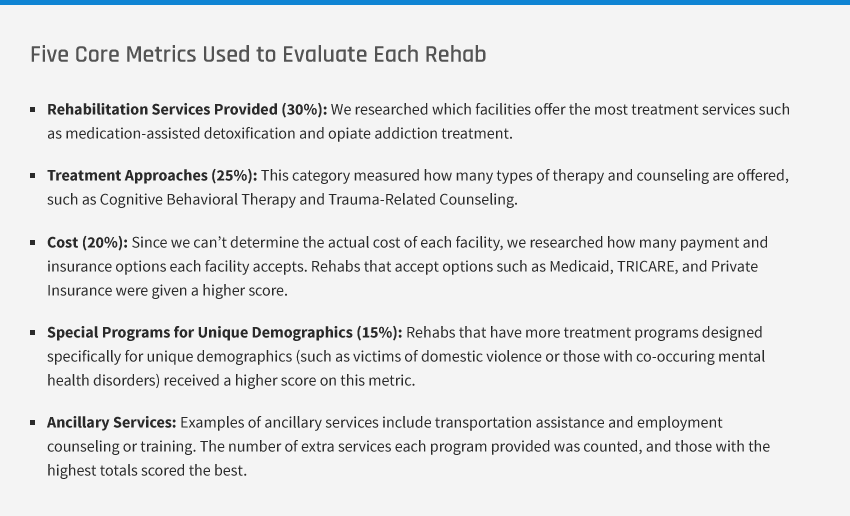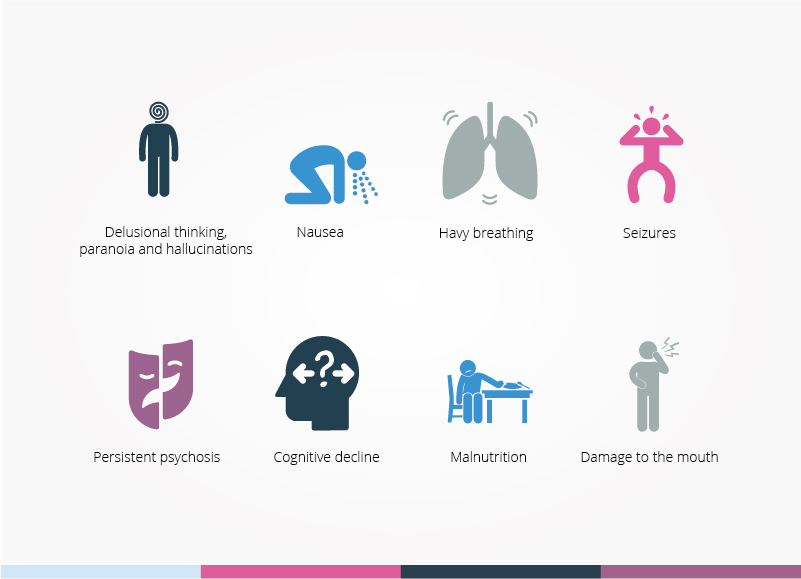Be all set to answer them to reserve time to go over any points you want to focus on. Your medical professional may ask: What drugs do you use? When did your substance abuse initially begin? How typically do you utilize drugs? When you take a drug, just how much do you use? Do you ever feel that you might have a problem Click here! with drugs? Have you tried to give up on your own? What took place when you did? If you attempted to quit, did you have withdrawal signs? Have any relative slammed your substance abuse? Are you prepared to get the treatment required for your drug addiction? Oct.

Recovering from addiction can be a tough and challenging process for many addicts. Why do the majority of individuals deal with it? Because most of us don't understand how they become druggie and what in fact drug addiction is. So here in this post, you would find a total guide on drug dependency and how to overcome it and what kinds of treatments are readily available for it.
Addicts utilize drugs in spite of their harmful consequences, modifications in the brain, and emotional behavior, which can be lasting. It is likewise a relapsing disease, which implies an addict can go back to drug usage after an attempt to stop. A person starts with the voluntary act of taking drugs. After some time, an individual becomes unable to stop his/her drug consuming habit.
This happens due to the impacts of long-lasting drug direct exposure on brain function. It affects parts of the brain that are associated with memory and learning, inspiration, and controlling behavior. In short, it is an illness that impacts both the behavior and the brain. Yes, it can be dealt with but is not a basic job.
A lot of addicts need long-lasting care to stop using drugs entirely. Today different treatment rehabilitation centers are active to help patients. They have inpatient and outpatient treatment centers. Normally, alcohol and drug treatment programs fall into these two classifications. Each type has its own advantages and characteristics. Inpatient addiction treatment center is an intensive and residential treatment program designed to deal with severe addicts.
Which Substitute Drug Is Used In Heroin Addiction Treatment Programs? Can Be Fun For Anyone
It is essential to know the differences before Find out more picking a treatment program. Discovering the ideal treatment can put you or your loved one on the healing course. An inpatient healing program is also known as a residential treatment that asks the client to live in a regulated environment to overcome the addiction.
It is mandatory to prepare yourself for inpatient rehabilitation correctly. And likewise essential to settle your affairs prior to the entry date. A few of the things to take care of before entering rehab include: Discover what individual products are permitted Find the living arrangements for your family members Notify your company Outpatient rehab centers are not as limiting as inpatient programs.
These sessions concentrate on drug abuse education, group and specific counseling, and teaching addicted people how to overcome addiction - how to provide addiction treatment for those who do not have insurance or medicaid. The outpatient rehab center's treatment can last for 4 to 6 months. They enable patients to continue their work or jobs with treatment.
Drug dependency is a chronic illness defined by compulsive, or uncontrollable, drug looking for and utilize regardless of hazardous effects and changes in the brain, which can be long enduring. how to treatment drug addiction. These changes in the brain can cause the hazardous behaviors seen in individuals who use drugs. Drug dependency is also a relapsing disease.
The Ultimate Guide To How Are Medications Used In Drug Addiction Treatment?
to treatment. Efficient treatment addresses all of the client's needs, not just his or her substance abuse. Remaining in treatment long enough is critical. Counseling and other behavioral treatments are the most commonly secondhand kinds of treatment. Treatment strategies must be examined frequently and customized to fit the client's changing needs.
Treatment should attend to other possible psychological conditions. Medically helped detoxing is just the very first phase of treatment. Treatment doesn't need to be voluntary to be effective. Drug use during treatment should be monitored constantly. Treatment programs need to evaluate patients for HIV/AIDS, hepatitis B and C, tuberculosis, and other infectious illness as well as teach them about steps they can take to minimize their threat of these health problems. Treatment should consist of both medical and mental health services as needed. Follow-up care might include neighborhood- or family-based healing support systems.
Medications and devices can be used to manage withdrawal symptoms, avoid regression, and deal with co-occurring conditions. Medications and devices can help suppress withdrawal symptoms throughout detoxification. Detoxing is not in itself" treatment, "but just the primary step at the same time. One study of treatment facilities discovered that medications were used in almost 80 percent of detoxings https://zenwriting.net/maettefg1y/alternative-refers-toandquot-non-mainstreamandquot-treatments-that-are-utilized (SAMHSA, 2014). In November 2017, the Food and Drug Administration(.

FDA )gave a brand-new sign to an electronic stimulation device, NSS-2 Bridge, for use in helping in reducing opioid withdrawal signs. This gadget is placed behind the ear and sends out electrical pulses to stimulate particular brain nerves. Patients can utilize medications to help re-establish typical brain function and reduce cravings. Medications are offered for treatment of opioid( heroin, prescription pain relievers), tobacco( nicotine),.
and alcoholism. Researchers are establishing other medications to treat stimulant (cocaine, methamphetamine) and cannabis( marijuana) dependency. Individuals who utilize more than one drug, which is extremely common, need treatment for all of the substances they use. Performing on the exact same targets in the brain as heroin and morphine, methadone and buprenorphine reduce withdrawal symptoms and relieve yearnings. Naltrexone blocks the impacts of opioids at their receptor websites in the brain and ought to be utilized just in patients who have actually currently been detoxified. All medications help patients reduce drug seeking and related criminal behavior and assist them become more available to behavioral treatments. Due to the fact that full detoxing is necessary for treatment with naloxone, starting treatment amongst active users was challenging, once detoxification was complete, both medications had similar effectiveness. Nicotine replacement therapies have a number of forms, including the spot, spray, gum, and lozenges.
How Sextual Addiction Treatment Fails When Working With Gay And Bisectual People Fundamentals Explained
These products are offered over-the-counter. The U.S. Fda( FDA) has actually approved 2 prescription medications for nicotine dependency: bupropion (Zyban) and varenicline( Chantix). The medications are more effective when integrated with behavioral treatments, such as group and individual treatment as well as telephone quitlines. 3 medications have been FDA-approved for dealing with alcohol dependency and a fourth, topiramate, has actually shown promise in medical trials( large-scale studies with people). The three approved medications are as follows: blocks opioid receptors that are associated with the gratifying impacts of drinking and in the craving for alcohol.